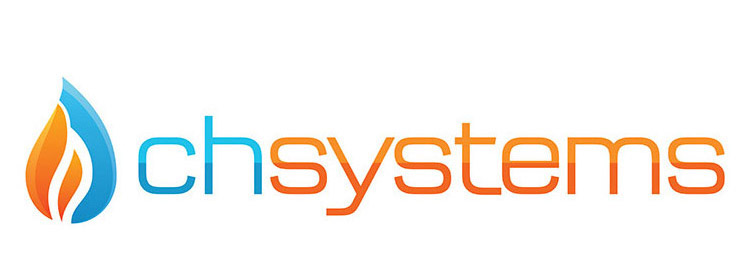The election is a stone’s throw away and energy issues are hotting up as politicians look to secure votes. Big news of the moment is a statement released by the Energy and Utilities Alliance (EUA), which is calling on all political parties to set VAT at 5 per cent for all energy efficiency materials and the installation thereof.
Mike Foster, Chief Executive of EUA, argues:
“Successive Governments promote energy efficiency measures, encouraging homeowners to install everything from insulation, new boilers to state-of-the-art controls yet there are huge anomalies in the levels of VAT charged.
Installing a new control, as a one-off job, would attract VAT at the lower rate of 5 per cent, making it attractive to the consumer yet installing the same control, as part of a wider system improvement, would attract VAT at the standard, 20 per cent rate. The current system is inconsistent and sends out mixed messages to consumers and it needs clarification.
Green Deal, ECO and other energy efficiency policies have failed to deliver, simplifying the VAT rules around products and their installation is something that could be done reasonably easily, it would provide real help to hard-pressed consumers.”
Foster’s point clearly targets home owners but what about businesses that have turned their companies into ethical and sustainable entities, costing both time, effort and an initial pay-out? If home owners were to receive a VAT reduction incentive should business owners not be afforded the same privilege?
Company VAT is normally chargeable at 20 per cent but your business may be liable for less if it satisfies certain criteria, namely de minimis (low energy consumption), which is applied to businesses with electricity demands below 33kWh per day or 1,000 kWh per month (on average) or gas consumption below an average of 145kWh (5 therms) per day or 4,397 kWh (150 therms) per month – these businesses will qualify for a reduced VAT rate of 5 per cent. (The assessment of your consumption can be made by you or by your supplier, as a meter reading or as an estimate.)
The next question to consider if businesses were to be made eligible for some sort of VAT reduction is what type of energy efficiencies could be implemented (with the added intention of reducing costs in the long term)? Things like state-of-the-art controls (for heating and hot water), new boilers and insulation (around windows, doors, walls, floors, ceilings lofts) have been mentioned but other ideas that will be relevant to your business in context are:
• Wood-fuelled boilers
• Micro combined heat and power units
• Solar panels
• Ground-source heat pumps
• Air-source heat pumps
• Wind turbines
• Water turbines
Again, businesses have not been mentioned in EUA’s reduced VAT proposal but it’s a space worth watching! And in the meantime, for more information on how to up your business’s energy efficiency (products and installation) feel free to contact the CH Systems team on 0208 302 8149 or info@chsystems.cc.
Sources: uea.org.uk – “Reduce VAT to 5% on all energy efficient materials and their installation” and simplybusinessenergy.co.uk – “Electricity and Gas Bills – Understanding VAT”.


